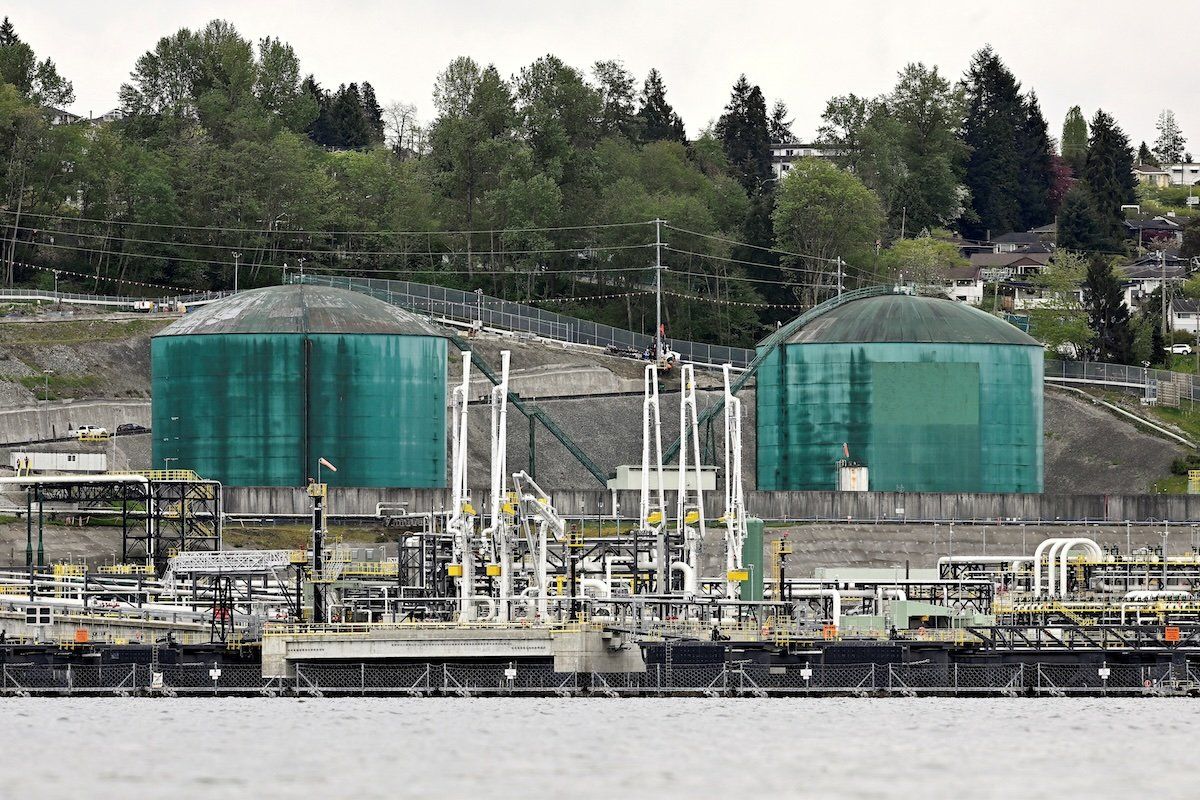12: Let the oil flow. After 12 years of construction, political wrangling, cost overruns and other delays, the Trans Mountain pipeline has started operating. The project, which cost some $25 billion (CA$34 billion), will nearly triple the amount of crude shipped from Alberta to the Pacific coast, expanding access to the lucrative Asia-Pacific market and boosting GDP Canada, the world’s fourth largest oil producer.
1.8: This feels … unproductive. Canada’s labor productivity — a measure, loosely speaking, of how efficiently an economy produces goods and services — fell by 1.8% last year, the third consecutive year of decline. Analysts blamed lagging investment in infrastructure, research, and technology as companies enjoyed an influx of comparatively inexpensive migrant labor. Falling productivity could open Canada up to stiffer competition from Mexico, which is seeing a massive influx of foreign investment as US companies look to cut their dependence on production facilities in China.
3: New job openings in the US fell to their lowest point in three years last month, according to official stats released Wednesday. Employers had 8.5 million positions open in March, a decline of 325,000 from February. That’s good news if you want to see the Fed start to cut rates. Why? Because, the thinking goes, fewer job openings mean employers are less likely to boost salary offerings to entice workers. That, in turn, lowers inflationary pressures, since higher wages are a component of overall price growth.
0: Under a new law, the US will import zero Russian uranium, which is used to power nuclear reactors. The bill, approved by the House of Representatives in December, passed the Senate unanimously this week. The measure aims to choke off another stream of revenue for the Kremlin’s war machine and to boost the domestic uranium industry, particular in the state of Wyoming. In 2022, US power plants imported about 12% of its uranium from Russia.
